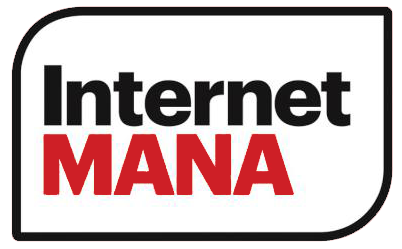Policy | Transport
MANA will invest in developing environmentally sustainable public transport systems for people and goods. The goal is to make public transport options affordable and user-friendly to reduce the number of cars and trucks on the roads thereby eliminating traffic congestion and significantly reducing carbon emissions. Petrol and diesel prices will continue to rise so people will need to have affordable alternatives to running vehicles.
Investing in public transport is much more cost-effective for governments than building ever more roads, even when public transport services are provided for free. Investing in public transport also generates new jobs and employment opportunities in local communities.
MANA policy priorities are to:
- Develop affordable and user-friendly public transport systems
- Develop free and frequent integrated public transport systems in all major population centres, including buses, rail, ferries, walkways, and cycle lanes, to increase the use of public transport, eliminate gridlock problems.
- Ensure that people of all ages and abilities – whether they live in cities, towns, or rural areas – have access to affordable and reliable public transport to avoid or reduce car use and significantly reduce their transport costs (both in dollar terms and in emission production).
- Move towards free public transport services outside of the main centres, starting with free services for those under 25 and those over 65, and $1 fares for all others.
- Require public transport services to be run according to a sustainability model as opposed to a business profit model, so that they remain affordable to all.
- Improve public consultation processes, including with Iwi, in transport and roading planning and decision making.
- Develop environmentally sustainable public transport systems
- Ensure that public transport systems transition to low carbon emission modes, such as those powered by electricity and biofuels.
- Promote the use and development of walkways and cycle lanes wherever possible.
- Ensure there is a state-owned and integrated national transport infrastructure
- Secure state ownership of the nation’s transport infrastructure – railways, airline, and ports.
- Provide leadership for port reform to ensure an efficient and competitive port network, and where investment is targeted at bluewater ports that are fully integrated with rail networks and inland ports.
- Uphold transport safety standards and workers’ rights
- Improve the safety for those working on and using transport systems through strategic safety campaigns and utilising new technology.
- Ensure that the rights of migrant transport workers, including those in the maritime industry, are upheld so that they receive wages and conditions of work equal to New Zealand workers.


